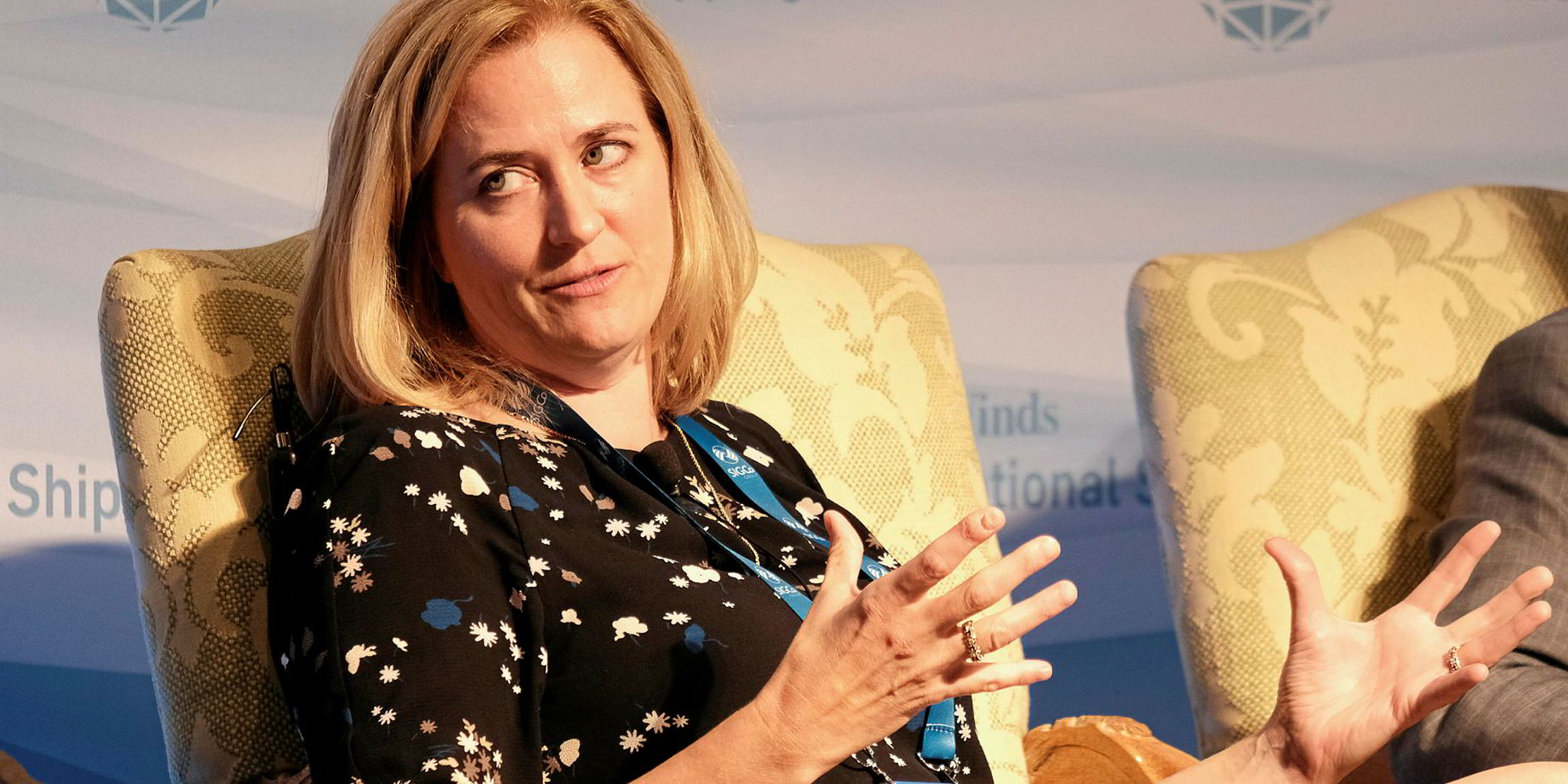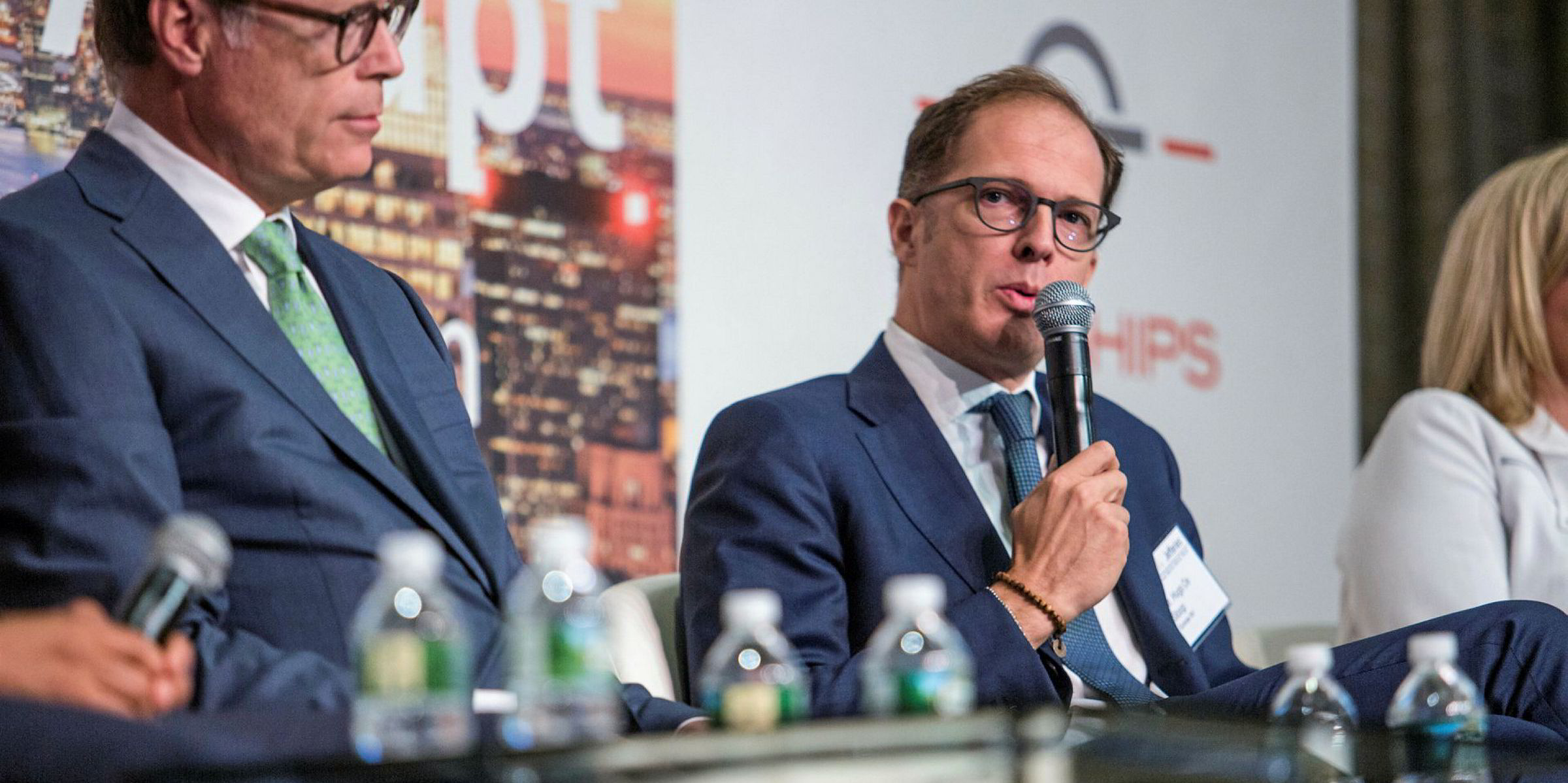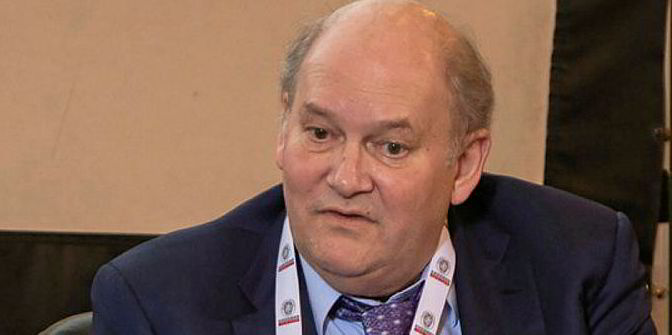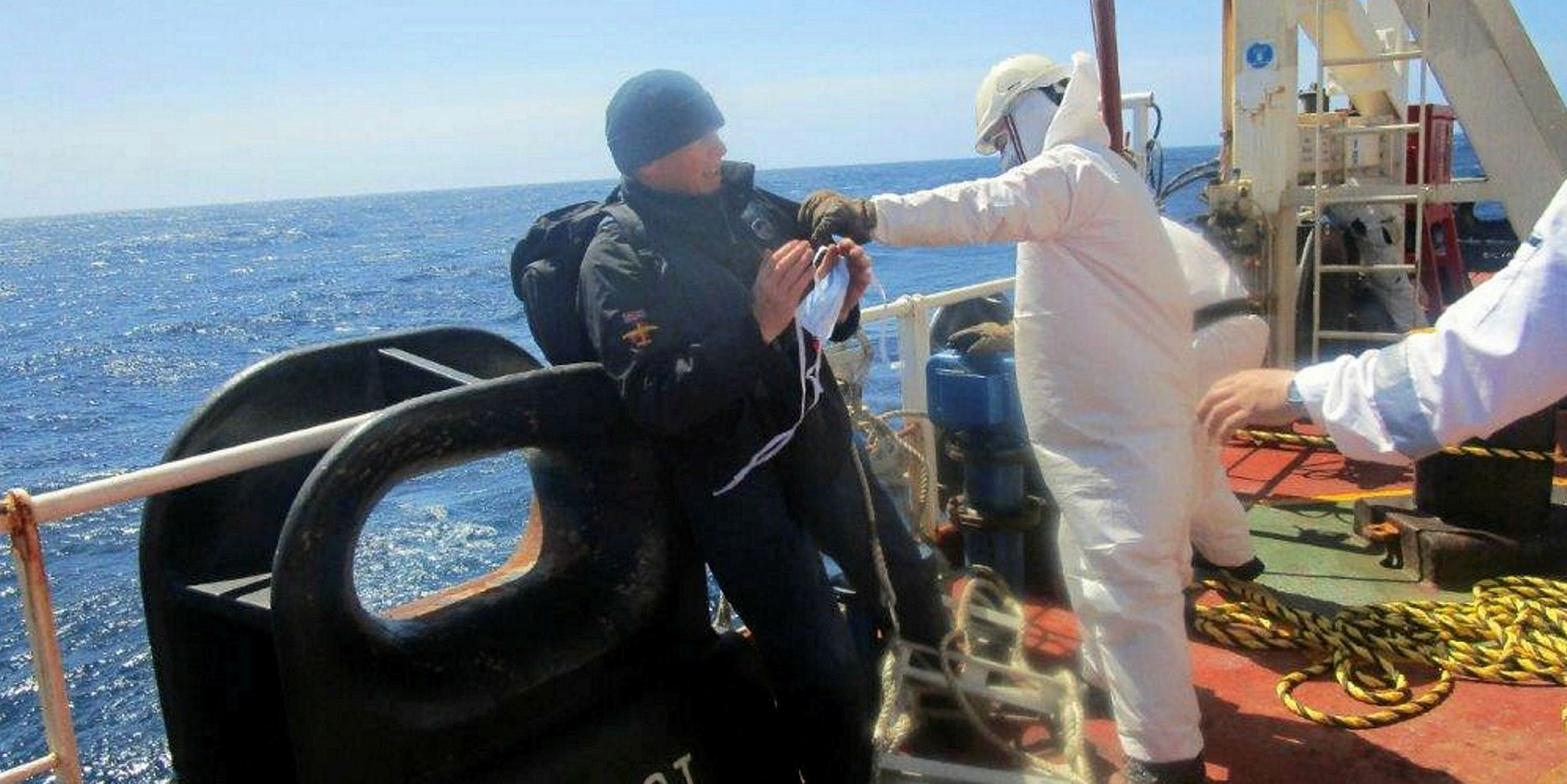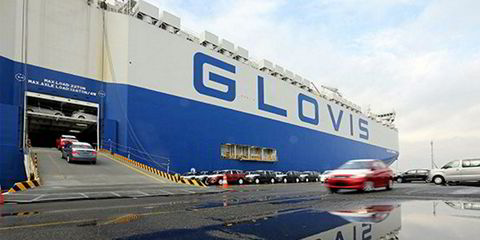International Seaways used $20m from its second consecutive record quarter to buy back 5% of the company's shares while topping Wall Street consensus earnings expectations.
The Lois Zabrocky-led tanker owner also locked four VLCCs into lucrative charters ranging from seven to 36 months as it capitalised on the rates boom early in the quarter that is now a fading memory for International Seaways and other tanker owners reporting their earnings this week.
International Seaways also has agreed to repay the remaining $40m principal on an older loan facility after the quarter ended, which will bring the average cash break-even on the fleet of crude and product tankers below $15,000 per day.
On the chartering side, Seaways rendered guidance on third-quarter bookings that appear encouraging. It has booked 55% of its VLCC spot days at an average $45,700 per day. But with four VLCCs time chartered through the quarter at an average $73,300, the overall figure becomes $58,200 at 69% of available days.
With about half of days booked, the third-quarter figure for suezmaxes is $30,900, for aframaxes/LR2s is $13,900, for panamaxes/LR1s is $18,800 and for MRs is $13,200.
"Our ample liquidity has allowed the company to take these steps, while maintaining balance sheet strength and the flexibility to continue to deploy capital to best serve shareholders," Zabrocky said in a statement.
Seaways management received broad praise from equity analysts on their quarterly earnings call. Stifel analyst Ben Nolan described "a tactical shotgun approach to the quarter."
Nolan did question why management chose to restock the $30m shares buyback authorisation rather than keep powder dry for other needs, like liquidity or fleet renewal.
"The easiest answer is we like to have a full toolbox," Zabrocky said, noting that the company wasn't required to actually execute the buybacks.
"We're in a destocking cycle, but it's a little foggy," said chief financial officer Jeffrey Pribor of oil inventories.
"It involves factors no management team can control. We absolutely like having the programme re-upped. Don't paint yourself into a corner, in our view."

Another tactical question came from Giveans, who wondered why Seaways used the $40m to pay down a loan facility rather than a more expensive 8.5% bond.
Management weighed both, Pribor explained, but choosing the loan not only reduced fleet breakeven, but also yielded more unencumbered ships.
'Now we have 14 unencumbered vessels. It's really like gold if you're a shipowner. You can always sell them or borrow against them if you need to," Pribor said.
The shipowner's adjusted net income for the quarter was $2.41 per share, topping the average $2.35 estimate of Wall Street analysts and a $2.18 projection from investment bank Jefferies, according to lead shipping analyst Randy Giveans.
International Seaways' raw number was $2.24 per share, or $2.39 when a $4.1m impairment charge on one of its VLCCs is stripped out.
Net income was $68.5m without the impairment, reversing a loss of $16.5m, or $0.57 per share, in the second quarter of 2019.
Revenue of $135m more than doubled the $62.5m recorded a year ago.
The quarter brings International Seaways' net income to $97.4m for the first half, reversing a $5.6m loss in the first half of 2019. Revenue shot to $265m from $171m.
The owner also has restocked its $30m shares buyback authorisation and continued to pay a $0.06 per share dividend.
It heads into a weaker phase in the tanker market with $144.5m cash on its balance sheet plus $40m from an undrawn revolving loan facility.
That puts it in a good spot, in the view of Clarksons Platou Securites analyst Omar Nokta, who has a "buy" rating on the stock.
"We see management with ample flexibility and firepower to both build out and rejuvenate its fleet. We expect it will focus on the VLCC and mid-size tanker segments when its comes to fleet expansion and renewal in the coming quarters and years," Nokta told clients.
"With ample liquidity allowing it to continue de-leveraging while returning capital to shareholders, investors are positioned for meaningful upside."
Nokta put Seaways net asset value at $29.77 per share. It was trading at $17.41 Friday, up about 1% on the day. It hit a 2020 high of $30.63 on 7 January and found a low of $15.25 on 9 July.
